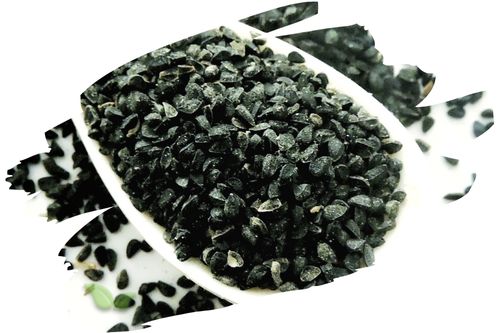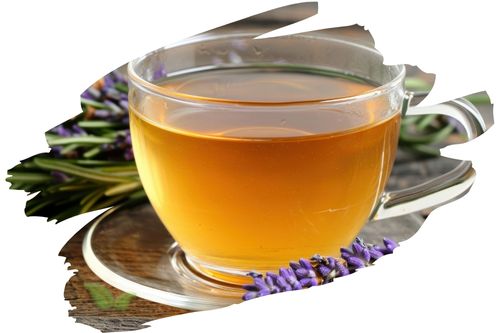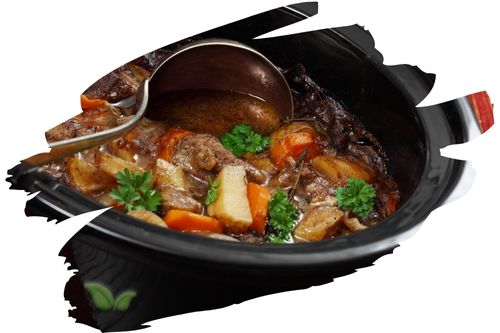
Introduction
Coriander, with its vibrant flavor and enticing aroma, plays a versatile role in vegan and vegetarian cooking. This aromatic herb adds depth, freshness, and a unique touch to plant-based dishes, elevating them to new culinary heights. Whether you're following a vegan or vegetarian lifestyle or simply exploring the realm of plant-based cuisine, understanding the role of coriander is essential. In this article, we will delve into the versatile nature of coriander in vegan and vegetarian cooking, exploring its flavor profile, popular applications, and tips for incorporating it into your plant-based dishes.
Unveiling Coriander's Flavor Profile
Before we dive into its role in vegan and vegetarian cooking, let's take a moment to appreciate coriander's own flavor profile. Coriander offers a delightful combination of citrusy, herbal, and slightly spicy notes. Its aroma is fresh and captivating, often described as a mix of lemon, sage, and subtle sweetness. By understanding coriander's characteristics, you can fully harness its potential in plant-based dishes.
Enhancing Flavors in Vegan and Vegetarian Dishes
Coriander has the power to enhance the flavors of vegan and vegetarian dishes in various ways. Here are some of its notable roles:
-
Freshness and Aroma: Coriander adds a burst of freshness and aroma to vegan and vegetarian dishes. Whether it's a fragrant curry, a refreshing salad, or a vibrant stir-fry, coriander's presence can elevate the overall experience by awakening the senses.
-
Flavor Balancer: Coriander's citrusy and herbal notes act as a flavor balancer in plant-based dishes. It can help cut through richness or heaviness, adding a light and bright touch to dishes like creamy curries, hearty stews, or rich sauces.
-
Culinary Versatility: Coriander is incredibly versatile and complements a wide range of ingredients commonly used in vegan and vegetarian cooking. Whether it's lentils, chickpeas, tofu, vegetables, or grains, coriander can enhance the flavors and create harmonious combinations.
-
Garnish and Finishing Touch: Fresh coriander leaves make a beautiful garnish and finishing touch for vegan and vegetarian dishes. They not only add visual appeal but also provide a burst of fresh flavor that completes the overall dish.
Popular Applications of Coriander in Vegan and Vegetarian Cuisine
Coriander finds its way into a multitude of vegan and vegetarian dishes, adding its unique touch to various cuisines. Here are some popular applications:
-
Curries and Stews: Coriander is a common ingredient in vegan and vegetarian curries and stews. It adds depth and complexity to dishes like chickpea curry, vegetable curry, or lentil stew.
-
Salads and Dressings: Fresh coriander leaves can transform a simple salad into a vibrant and flavorful delight. Add them to leafy greens, roasted vegetables, or grain-based salads for a refreshing twist. Coriander can also be incorporated into homemade dressings, such as coriander-lime dressing or coriander-cashew sauce.
-
Soups and Broths: Coriander can be used in soups and broths to enhance the overall flavor profile. Whether it's a spicy tomato soup or a comforting vegetable broth, a sprinkle of coriander can take the dish to the next level.
-
Stir-Fries and Noodle Dishes: Stir-fries and noodle dishes benefit from coriander's aromatic and herbaceous flavor. Add it towards the end of cooking to maintain its fresh taste and use it as a garnish for a pop of color.
Tips for Incorporating Coriander into Vegan and Vegetarian Dishes
To make the most of coriander's role in vegan and vegetarian cooking, consider the following tips:
-
Start with Fresh Coriander: Use fresh coriander whenever possible for optimal flavor. Its vibrant green leaves and aromatic oils will have a greater impact on your dishes.
-
Experiment with Different Cuisines: Explore various cuisines that heavily feature coriander, such as Indian, Thai, Mexican, or Middle Eastern. Each cuisine offers unique flavor profiles and techniques for incorporating coriander into vegan and vegetarian dishes.
-
Don't Overpower Delicate Flavors: While coriander can enhance the flavors of many dishes, be mindful not to overpower delicate ingredients or flavors. Use coriander judiciously to maintain balance in your dishes.
-
Pair Coriander with Complementary Ingredients: Experiment with pairing coriander with ingredients that complement its flavors. Lime, ginger, coconut, chili, and cumin are just a few examples of ingredients that can enhance coriander's taste in vegan and vegetarian dishes.
Frequently Asked Questions (FAQs)
Q: Can I use coriander seeds instead of fresh coriander in vegan and vegetarian cooking?
Yes, coriander seeds can be used as a substitute for fresh coriander in certain dishes. Ground coriander seeds offer a slightly different flavor profile but can still provide the herbaceous notes that coriander is known for.
Q: Are coriander leaves and cilantro the same thing?
Yes, coriander leaves and cilantro are different names for the same herb. In some regions, coriander leaves are referred to as cilantro.
Q: Can I use coriander in raw dishes like smoothies or salads?
Coriander can be used in raw dishes like smoothies or salads. It adds a refreshing and herbaceous note to these dishes. Start with a small amount and adjust according to your taste preferences.
Q: Can I freeze fresh coriander for later use in vegan and vegetarian cooking?
Yes, fresh coriander can be frozen for later use. Wash and thoroughly dry the leaves, chop them, and store them in an airtight container or freezer bag. Frozen coriander can be added directly to cooked dishes or used as a garnish.
Q: Are there any coriander substitutes for vegan and vegetarian cooking?
If you don't have coriander available, you can use other herbs or spices with similar flavor profiles. Some alternatives include parsley, basil, mint, or a combination of cumin and lemon zest.
Q: Can coriander be used in plant-based desserts?
While coriander is more commonly associated with savory dishes, it can be used in certain plant-based desserts. Its citrusy and herbal notes can add an interesting twist to desserts like fruit salads, sorbets, or citrus-based desserts.
Conclusion
Coriander plays a versatile role in vegan and vegetarian cooking, offering its unique flavors and aromas to a variety of plant-based dishes. From curries and salads to soups and stir-fries, coriander can elevate the flavors of vegan and vegetarian cuisine with its freshness and herbaceous characteristics. By understanding the role of coriander and experimenting with its applications, you can unleash your creativity in the kitchen and create sensational plant-based dishes that delight the taste buds.
Alert: While spices can have many beneficial properties for health, using them for medical purposes should be done under the guidance and supervision of a healthcare professional or specialist. Some spices may interact with medications or cause adverse reactions in certain individuals, and it is important to use them safely and appropriately. If you are considering using spices for a medical condition, it is important to consult with a healthcare professional before doing so.




















































